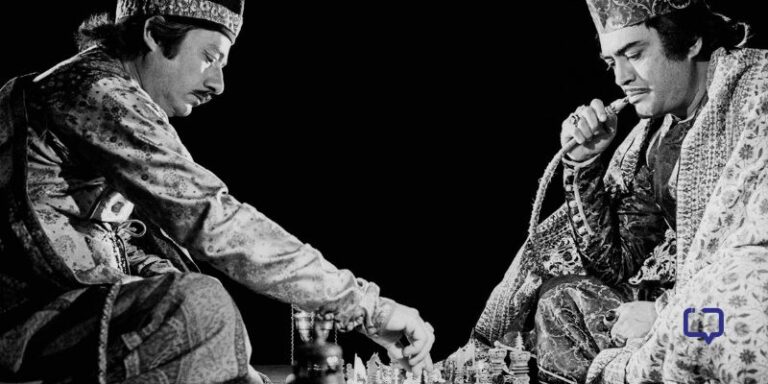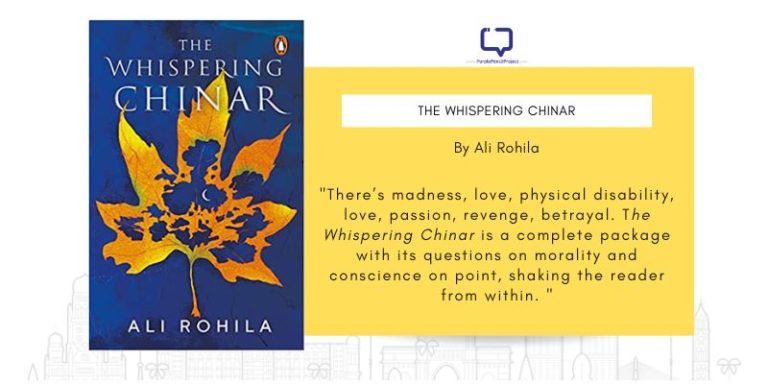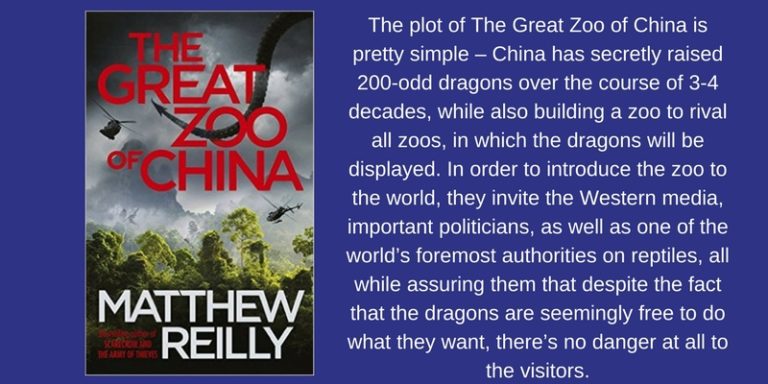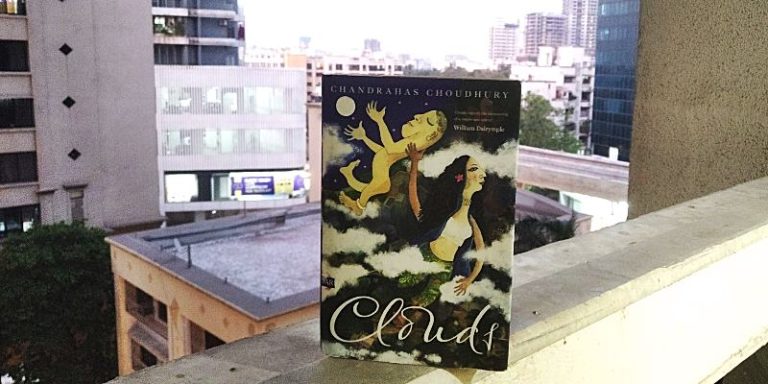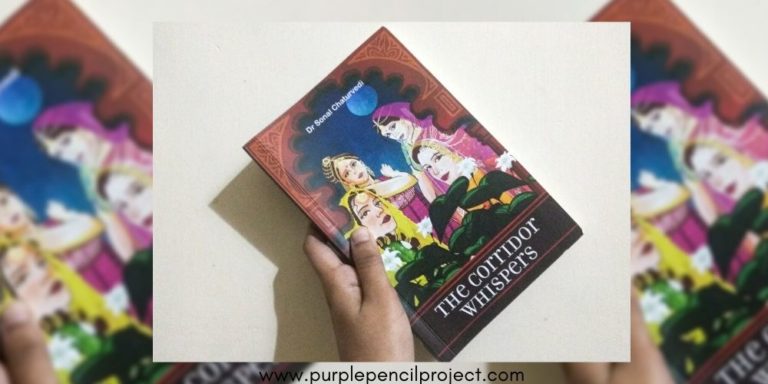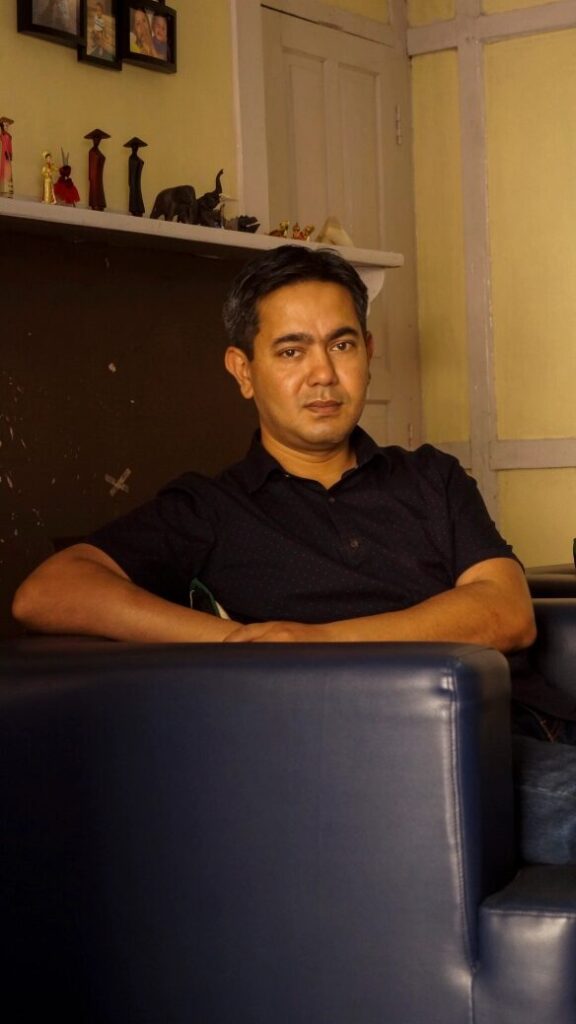
OnWriting in back after yet another break. Of course we added Jaibala to help with book reviews but we haven’t had any interviews per se in all these days. This one by Ankush is totally worth the wait. Especially where he shares tips that he’s received as a writer! Read on!
This week, we have Ankush Saikia. Ankush is the author of The Girl from Nongrim Hills (Penguin, 2013), a noir thriller set in Shillong. He has two books out in 2015: Dead Meat (Penguin), a crime thriller set in Delhi; followed by Red River, Blue Hills (Westland), a thriller set in Delhi and North East India. Since I write in the same genre, I am really looking forward to books by Ankush.
In terms of a “personal” biography, Ankush grew up in Wisconsin, Assam and Meghalaya. He has worked for India Today magazine, Sage Publications and Dorling Kindersley. He was shortlisted for the fourth Outlook/Picador-India non-fiction writing award (2005) and is currently based in Shillong, Meghalaya and Tezpur, Assam.
How cool can life get for some people? Live in the mountains, write and write well! Anyhow, Ankush’s answers to #5Questions are…
1. Why do you write? Why would someone else want to be a writer?
…to give a sense of order to my experiences. To act out situations that wouldn’t be possible in real life. To arrive at a better understanding of the society around me. [Other’s may want to write,] I guess in order to explore characters and situations which are within them in various forms.
2. How do you come up with an idea? Ideas for plots, sequences, scenes, characters and other things? Do you use any tools?
It usually starts with a fragment of a scene, a character, or a frame of mind. If after a few weeks the original idea persists, and gets stronger in its intensity, then I try and add on to the initial impulse in terms of incidents and characters. No tools as such, apart from developing an outline (which gets longer as the book progresses).
3. Do you keep a rigorous writing schedule? If yes, what is your writing schedule?
I try and get some writing done early in the morning, when everything is quiet. Then later in the day, when I’m free, I try and get some more done.
4. How often do you get interrupted by writer’s block? How do you go about working around your writers’ block?
Not too often thankfully. If it does occur then the only way to get around it is to sit at my desk and keep thinking and trying out new things on paper or on the computer.
5. What is the best advice on writing that you’ve ever received?
There are three bits actually.
(1) V.S. Naipaul: “The important thing about writing is writing.” (Which means that no matter how great an idea might seem, it’s what happens when you sit down at your desk and start working that matters.)
(2) Hemingway’s advice to stop writing for the day at a point when you know what’s going to happen next in the narrative (or to come up with something to start from the next day, when you want to stop for the day).
(3) I don’t recall who said this, but it was: “The most important things when writing are: (a) forward the action, and (b) develop character.”
Thanks Ankush!
Editor’s Note: Loved that Ankush reminded me of Hemingway’s advice. In fact I am reading the book on running by Murakami and he tends to follow Hemingway’s advice as well! For me, personally, it doesn’t work. May be because I juggle writing and a day job? What about you?
Thanks!








